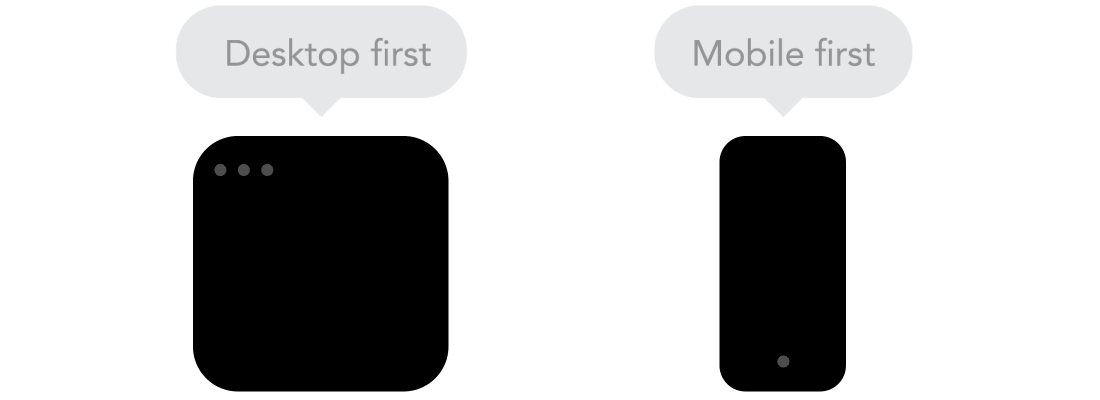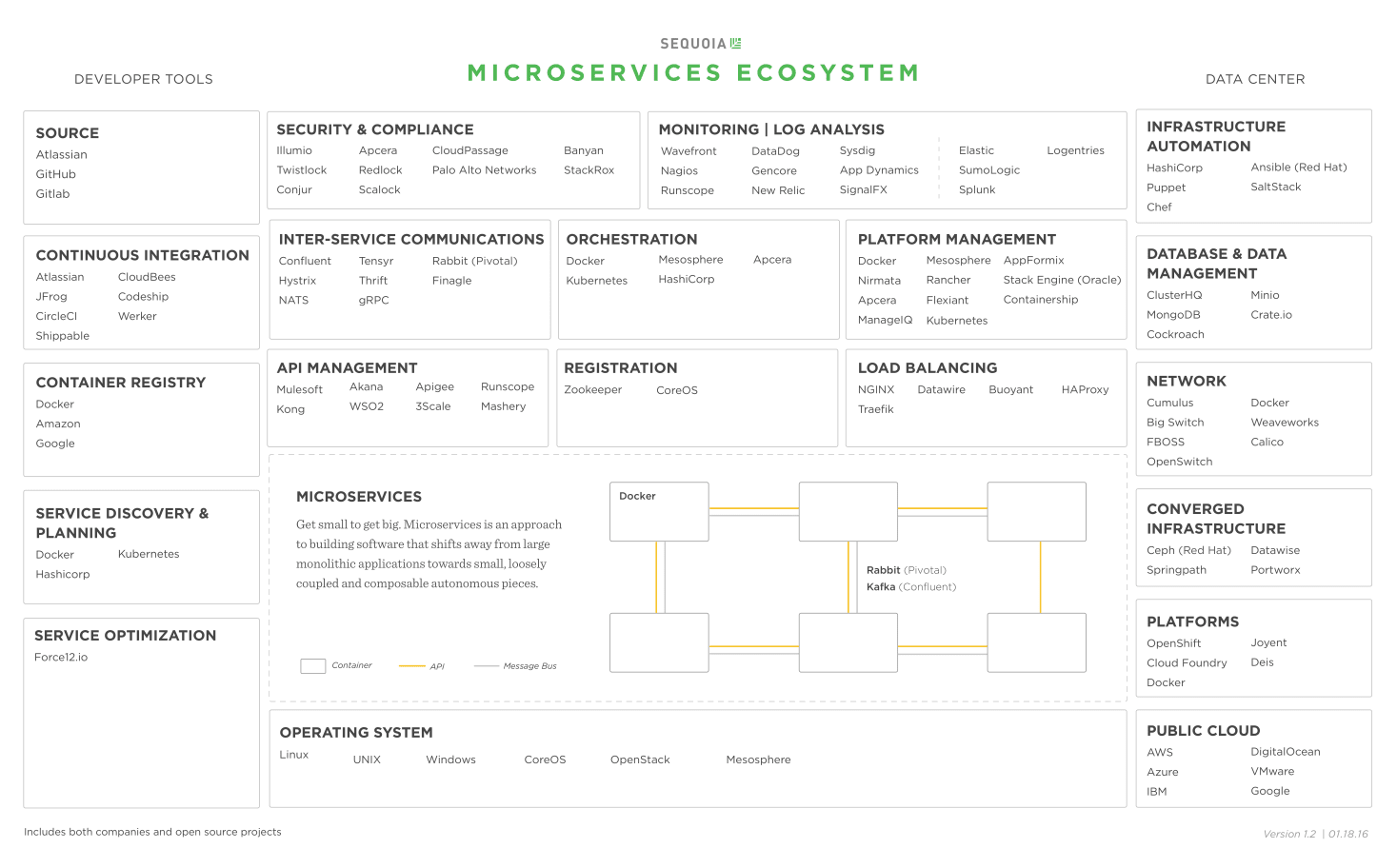Everybody's talking about AI.
The major issue I have as an engineer is the gap between AI as it is perceived and what it actually is right now.
Rather than being a new life form, with conciseness, AI is actually a specific skill we teach the machine to do for us. Be it drive a car from A to B, perform a specific medical diagnosis or get you an insurance policy, it's a collection of independent features, that even when aggregated, are still features.
The more interesting field, which actually might cause the rise of the real AI, is the regenerative networks. Basically, a regenerative network is one where you teach a computer a skill, and then ask it to perform this skill. Some chat bots are a good example. They learn how people communicate and can then imitate what they've learned.
Another great example, with unexpected results, is Google's deep dream, where the machine paints its associations from the image input.
That's where I see AI evolving into - Not just an imitation of human capability, but a whole new take on how reality is perceived.
(Image taken by me and processed with Google's deep dream engine)






